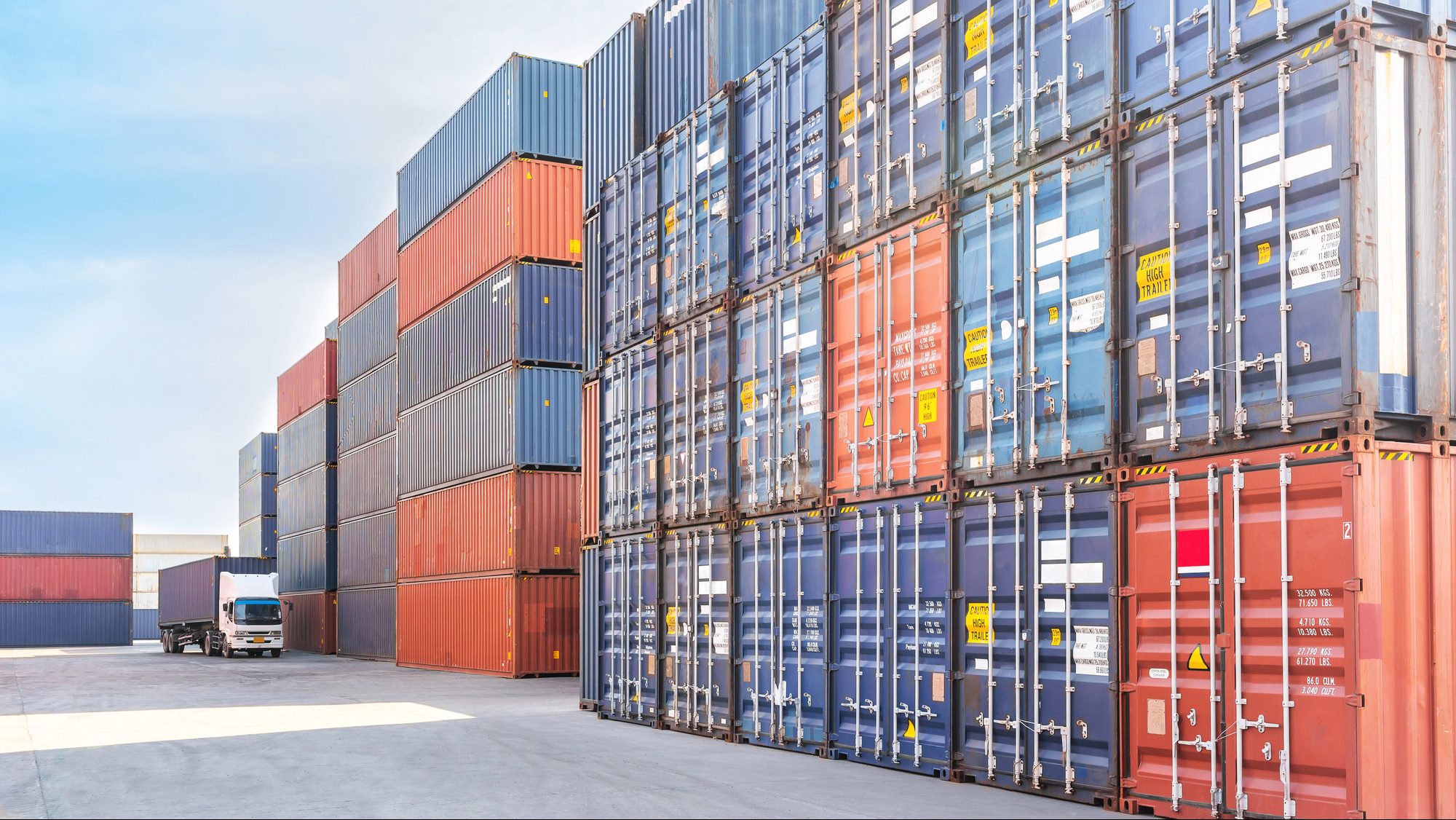SINGAPORE: Singapore’s small, open economy could be “caught in the crossfire” of the ongoing US-China trade war, despite the city-state being unlikely to face direct tariffs from the United States, analysts warned, according to the South China Morning Post’s (SCMP) report.
Analysts told SCMP’s This Week in Asia that they agreed with Foreign Minister Vivian Balakrishnan’s assessment in Parliament on Tuesday that while the city-state was unlikely to be on the US tariff ‘hit list’ due to Washington’s trade surplus with it, the country would still be indirectly affected.
Mr Balakrishnan emphasised that Singapore’s economic vulnerability stems from its heavy reliance on trade. “Trade constitutes more than three times our GDP,” he explained. As a result, any disruption in global supply chains or economic integration—whether due to tariffs, geopolitical tensions, or shifting trade relations—could significantly impact the nation.
However, he urged the Parliament to remain calm, saying, “I do need to prepare Singaporeans for a turbulent ride in the months or years to come.”
The impact of global trade tensions on Singapore
Alvin Liew, senior economist at United Overseas Bank, highlighted that escalating tensions between the US and China could lead to slower economic growth in both countries, as well as in ASEAN and the European Union, indirectly affecting Singapore.
According to the American Chamber of Commerce in Singapore, in 2023, trade between Singapore and the US reached US$131 billion (S$176.89 billion), with the US recording a surplus of US$26.7 billion (S$36.05 billion).
However, this trade relationship offers limited protection against global trade turmoil. “We will not be shielded from a negative shock to the global trade environment,” Mr Liew added.
This week, China responded to the United States’ 10 per cent tariffs on all Chinese products. Starting Feb 10, China will impose 15 per cent tariffs on coal and liquefied natural gas, and 10% tariffs on crude oil, farm machinery, large-displacement vehicles, and pickup trucks imported from the US.
On Wednesday, China filed a complaint with the World Trade Organization (WTO) against US tariffs imposed on Chinese goods.
On Tuesday, US President Trump pulled back on imposing tariffs on Canada and Mexico for a month after both countries took action on US concerns. Canada announced a US$1.3 billion (S$1.75 billion) plan to fight fentanyl trafficking, while Mexico pledged to deploy 10,000 troops to its northern border to tackle drug smuggling and illegal migration.
According to Chua Hak Bin, regional co-head of macro research at Maybank, Trump’s latest trade war is broader than his first. It mainly targets China and covers about US$350 billion (S$472.41 billion) in US imports.
This time, more countries are affected, with a much larger volume of imports, putting Singapore “increasingly caught in the crossfire from the US-China rivalry.”
According to analysts, China’s economy now faces more domestic challenges and weak demand than in 2018.
Kevin Chen, associate research fellow at the S. Rajaratnam School of International Studies, said a slowdown in China could hurt economic growth and jobs in Singapore and Southeast Asia, as China is a key trading partner.
However, Mr Chua said Singapore and ASEAN have avoided US tariffs since US President Trump returned to office and could continue benefiting from shifts in global manufacturing supply chains.
Looming “greater scrutiny” of US-Singapore relations
Despite the indirect impact of slowing economies, Singapore’s position could become more complicated due to reports of intermediaries helping move Nvidia chips to China illegally.
While the Singapore government has denied the claims, US lawmakers have urged a review of export controls on chip shipments sent through third countries like Singapore.
Mr Chen said this could lead to “greater scrutiny” of US-Singapore relations, as US policymakers are becoming more suspicious of the possibility that Southeast Asian countries are helping Chinese firms bypass US tariffs through “Southeast Asia washing.”
He explained that during US President Trump’s previous term, countries like Vietnam capitalised on manufacturing relocations to boost foreign direct investment.
However, with current US scrutiny and potential penalties, it will be “more challenging” for countries like Singapore to balance relations with China and the US.
In response to growing distrust between the two superpowers, Mr Balakrishnan stated Singapore would engage with all emerging global powers, including the US, China, India, the EU, Africa, and South America.
He said that Singapore had signed various free trade agreements, such as the Regional Comprehensive Economic Partnership and Trans-Pacific Partnership, along with the Pacific Alliance (Chile, Colombia, Mexico, and Peru) and Mercosur (Argentina, Brazil, Paraguay, and Uruguay).
He also pointed out that despite globalisation backlash, Singapore “can still continue to engage and make common cause as widely as possible to expand opportunities and look for stability.” /TISG
Read also: US investigates if China’s ‘DeepSeek’ sourced Nvidia chips through Singapore intermediaries
Featured image by Depositphotos

